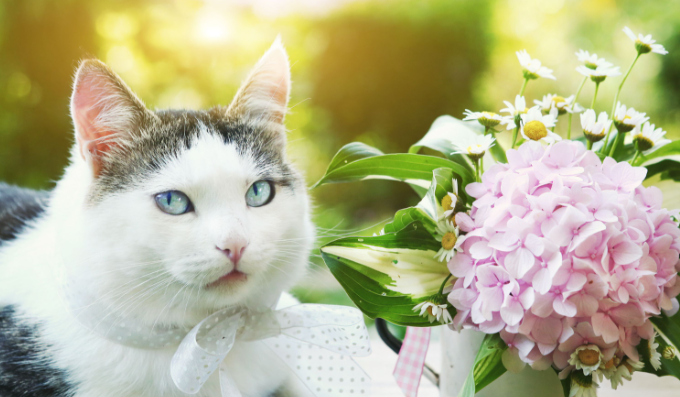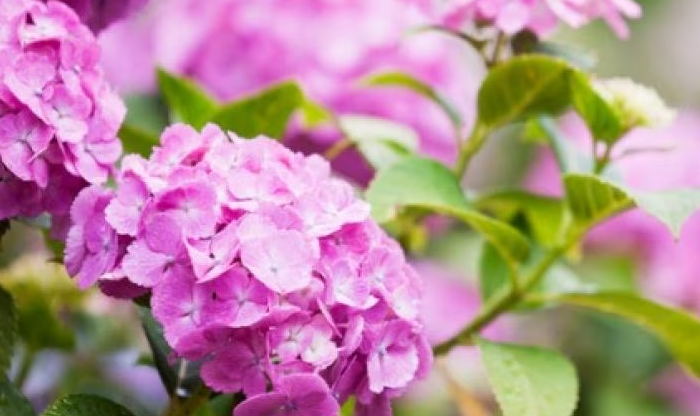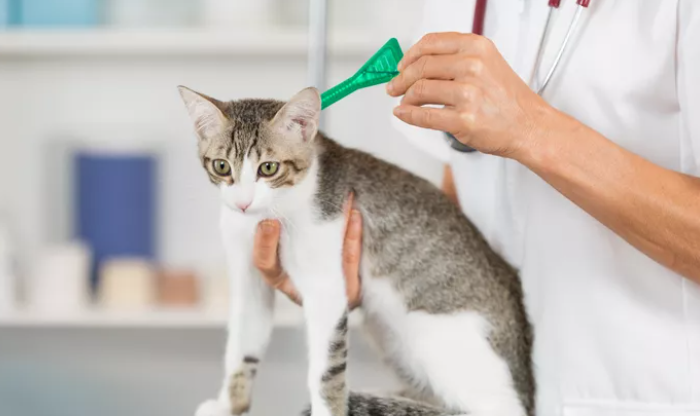Hydrangeas are beloved for their beautiful blooms, but as a responsible cat owner, you may be wondering, "Are hydrangeas poisonous to cats?" In this blog post, we'll delve into the potential risks, symptoms of hydrangea poisoning in cats, and how to keep your feline friend safe.
Are Hydrangeas Poisonous to Cats?
What Makes Hydrangeas Potentially Toxic
Hydrangeas contain cyanogenic glycosides, which can release cyanide when ingested. This can be harmful to cats and other pets.
Symptoms of Hydrangea Poisoning in Cats
- Vomiting
- Diarrhea
- Lethargy
- Difficulty breathing
- Seizures
First Aid for Cats Who Have Ingested Hydrangeas
- Contact your veterinarian immediately.
- Induce vomiting if advised.
- Provide activated charcoal as directed.
- Administer supportive care.
Cat-Safe Alternatives to Hydrangeas
Pet-Friendly Plants
Opt for cat-safe plants like cat grass, cat mint, and spider plants. These are not only non-toxic but can also be beneficial for your cat.
Catnip and Other Non-Toxic Plants
Catnip is a cat favorite and completely safe. Other options include rosemary, lavender, and mint, which add beauty and fragrance to your garden.
Creating a Safe Garden for Your Cat
- Build a secure enclosure to keep your cat away from hazardous plants.
- Use raised beds to plant non-toxic varieties.
- Provide plenty of play and hiding spots to keep your cat entertained.
Conclusion
While all hydrangeas are stunning, they can pose a risk to your beloved cat. By being informed and making smart choices about your garden, you can enjoy both the beauty of hydrangeas and the safety of your feline companion.




